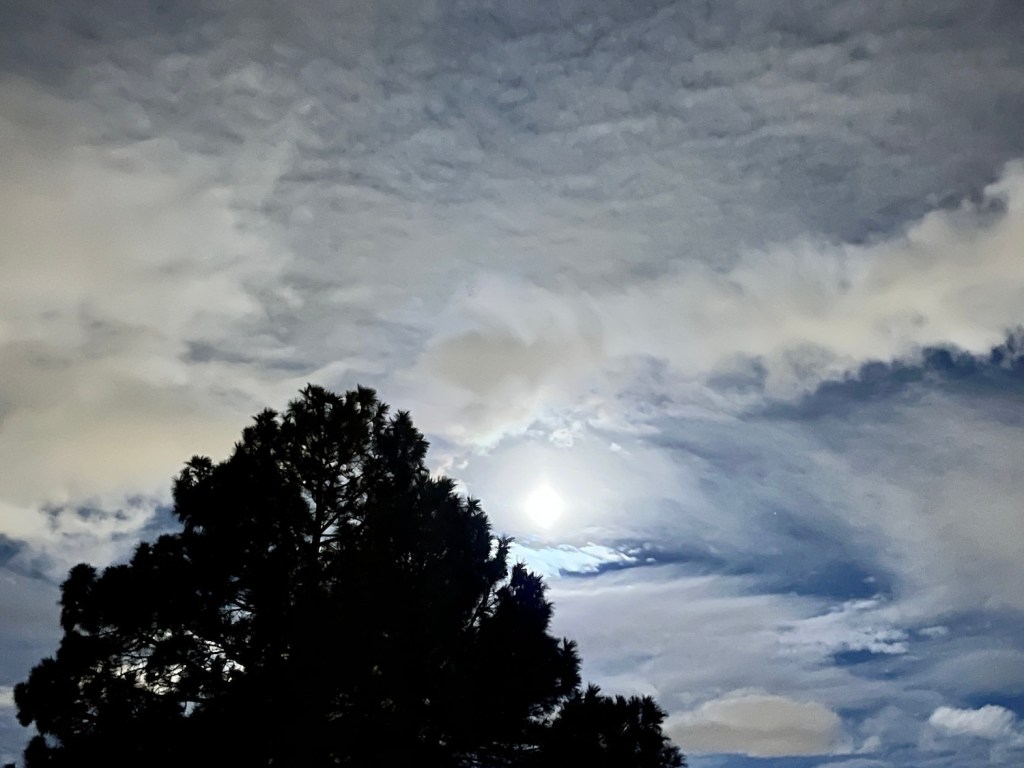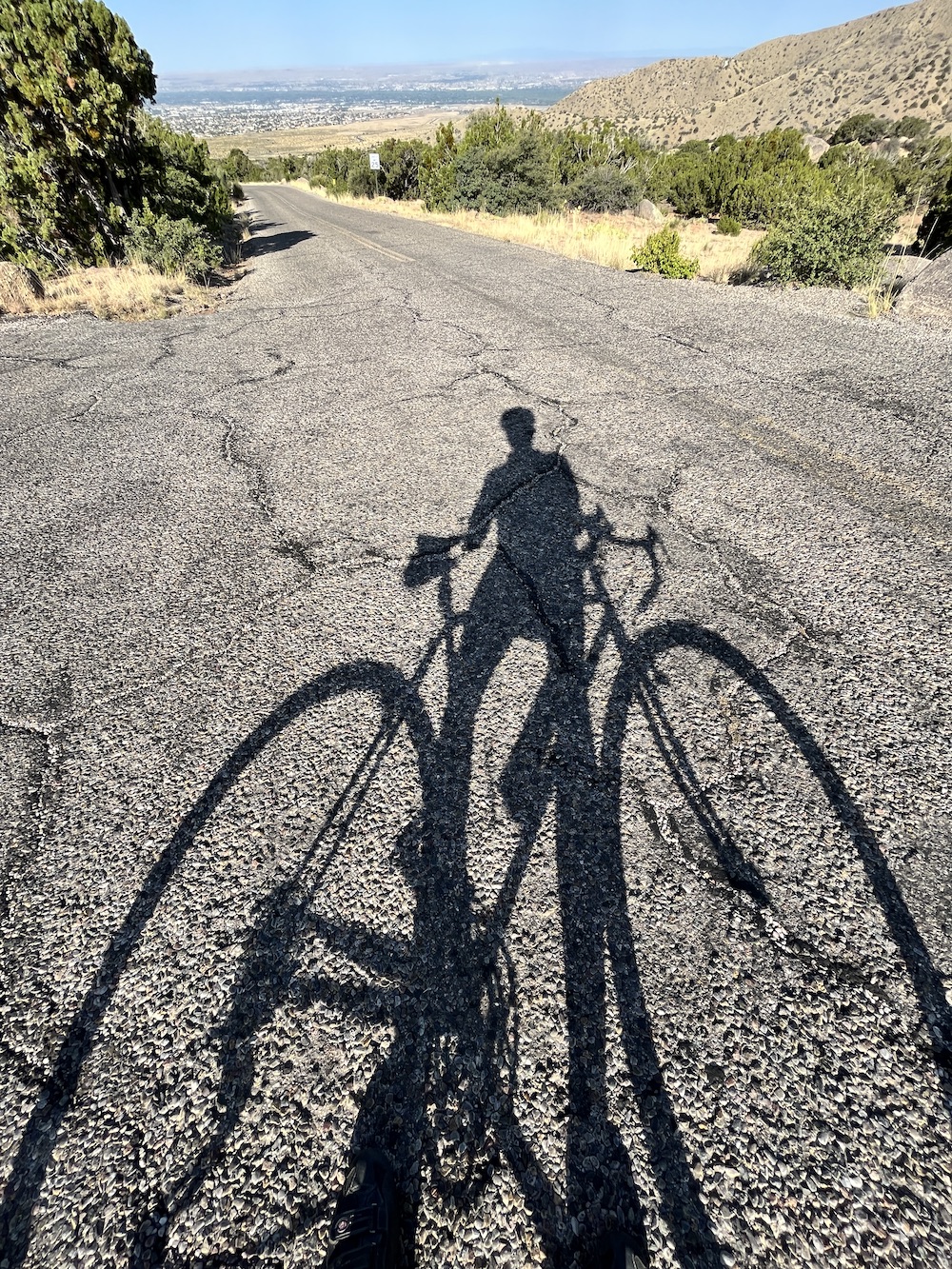
I’m not even pretending to understand how my mind works (or doesn’t) anymore.
What sane person wakes after a restless sleep with the songs “Paint It Black” and “Wand’rin’ Star” conflated into a mental Spotify loop? Something like:
Do I know where Hell is?
—”Paint Your Wagon Black,” Jagger, Richards, Lerner, Lowe & O’Grady
Hell is in “hello”
I have to turn my head
Until my darkness goes
Just picture, if you dare, Mick Jagger and Lee Marvin croaking along in duet before your first cup of coffee, after a long Night of the Worm Moon. As earworms go this will not crack anyone’s Top 40. Not even in Hell.
Barking my shins on ancient pop-culture references as I stumble drowsily through my hoarder’s skull with the Voices cackling at my missteps — A 1966 Rolling Stones hit? A 1969 musical-comedy miss? And what’s all this about worms? — is hardly a recipe for refreshment.
Whose fingerprints are all over this sonic crime scene, anyway? Well, Clint Eastwood, whose various shoot-’em-ups I have seen far too many times and may have triggered (har har har) my Magnum fetish, is said to have called “Paint Your Wagon” “Cat Ballou II.” You may recall that the Jane Fonda flick “Cat Ballou” — which, like “Paint Your Wagon,” co-starred Lee Marvin — was filmed in part in the Wet Mountain Valley, near the old home place I call Weirdcliffe.
Then we have the Nitty Gritty Dirt Band cameo in “Paint Your Wagon.” Years before Herself and I set up shop outside Weirdcliffe I got to hang around backstage at a whole passel of NGDB shows throughout Colorado, thanks to some San Luis Valley bros with connection to the Nitty Grittys’ road manager.
Worms, you inquire? Night before last, I was revisiting the Don Marquis collection “The Lives and Times of Archy & Mehitabel,” in which Archy threatens to organize a revolutionary society of insects — The Worms Turnverein — to avenge themselves upon their human oppressors. The works of Marquis, along with Frank Herbert’s sandwormy “Dune,” and “The Short-Timers,” the book by Gustav Hasford that was the basis for “Full Metal Jacket” — whose closing credits roll to “Paint It Black” (also, note the Lee Marvin reference at the Hasford link) — are among the books I’ve read many more times than once.
Michael Herr, who worked with Hasford and director Stanley Kubrick on the “FMJ” screenplay, wrote another of my favorite books, “Dispatches,” which with “All Quiet on the Western Front” by Erich Maria Remarque may be tied for the best book about war ever written. From the vantage point of someone who’s never been there and done that, anyway.
I know, I know. This is an awful lot of fuel for a mighty small fire. Happily, Herr, Hasford and Herbert never sat in with the Dirt Band, and Kubrick and Marquis never made a musical (“Paint Your Ornithopter?” “Cat & Roach Ballou?”) so let’s count our blessings. We already have more than enough to keep us awake at night, and most of it is nonfiction.




